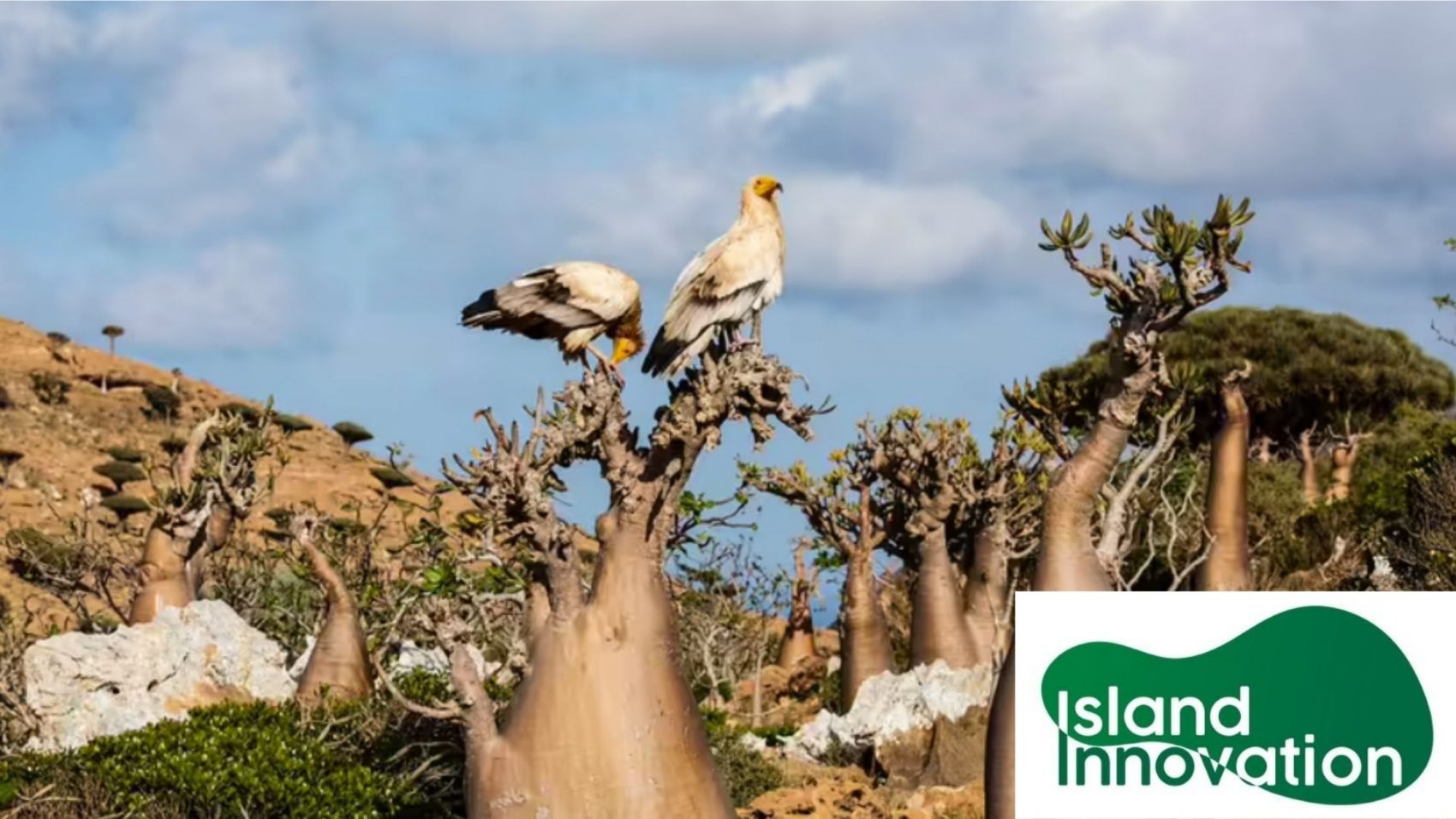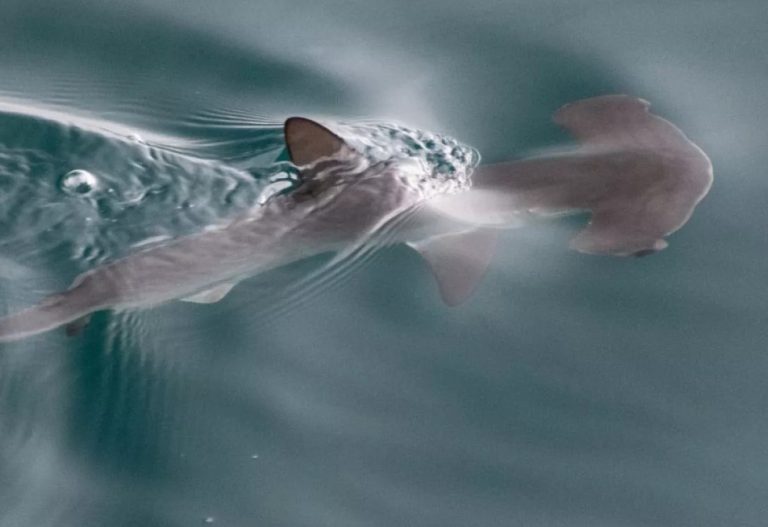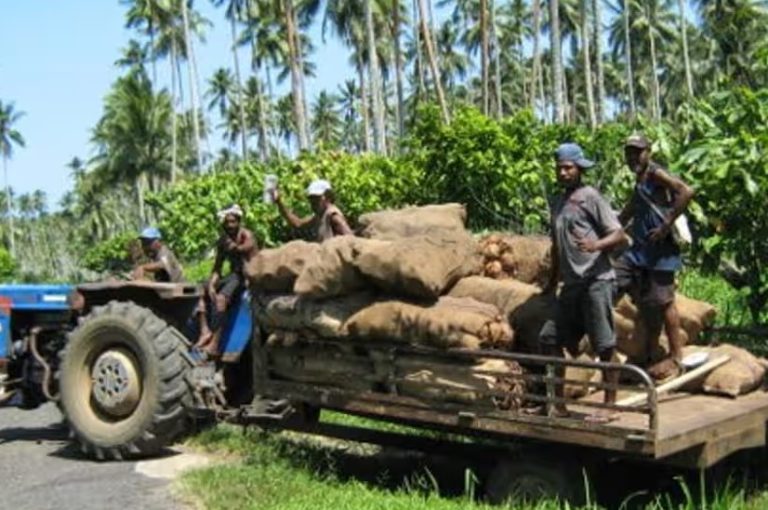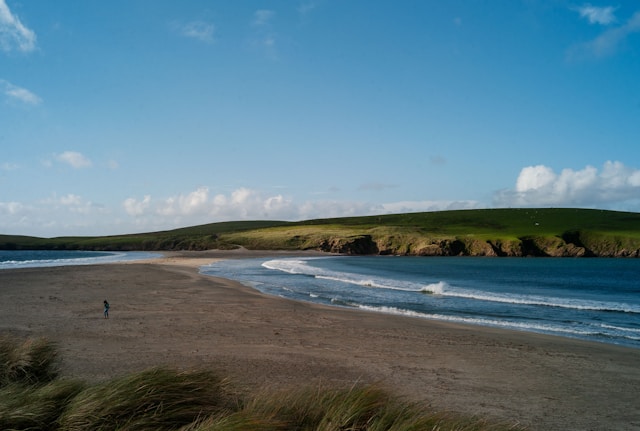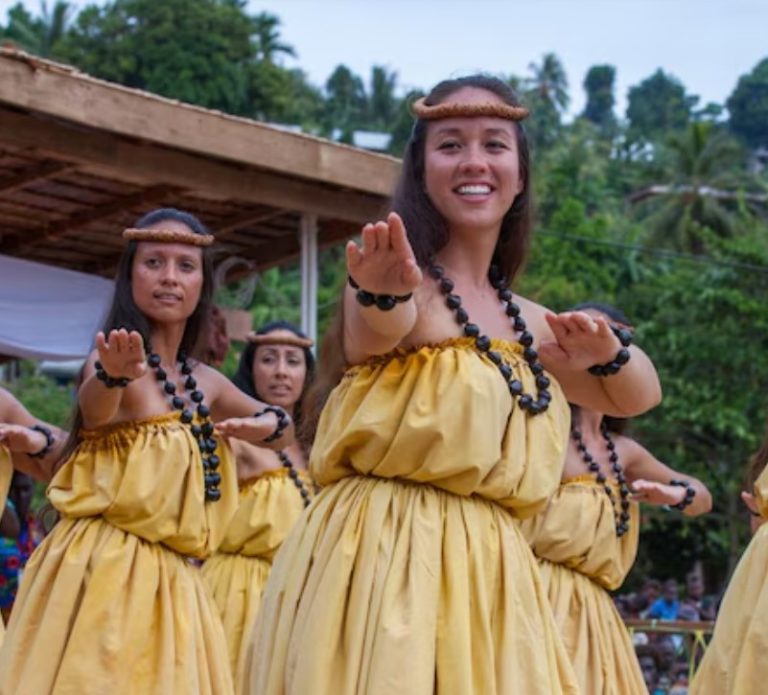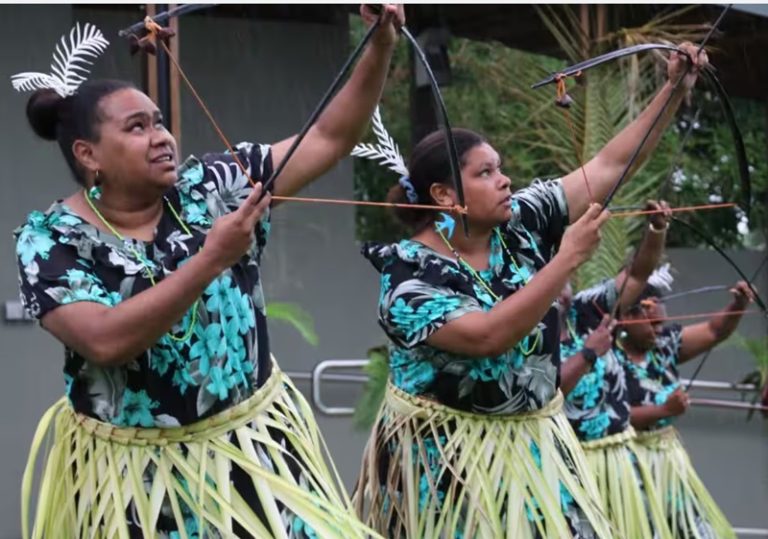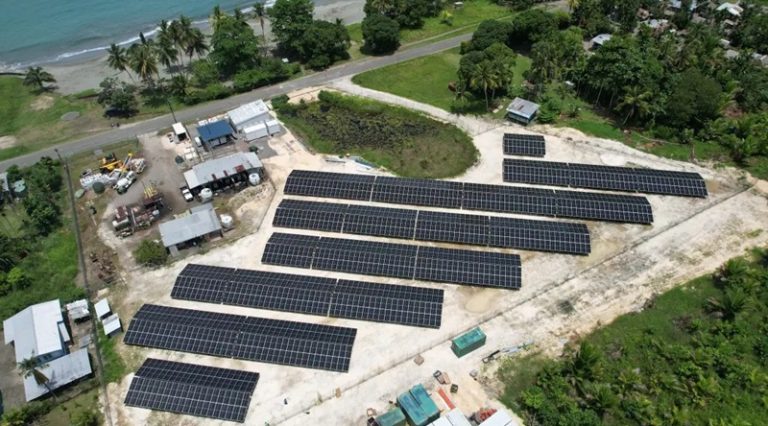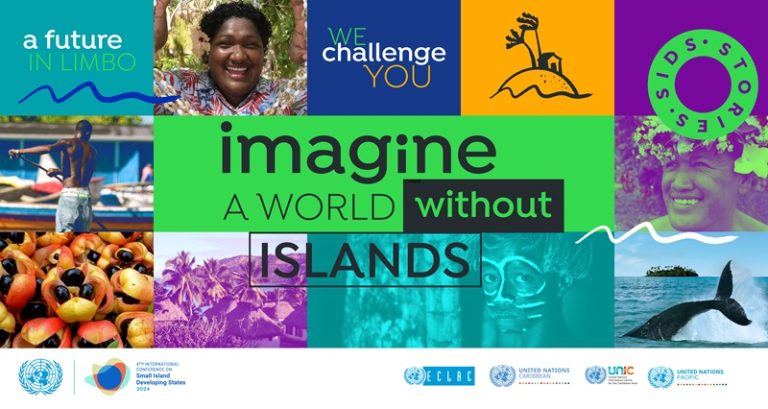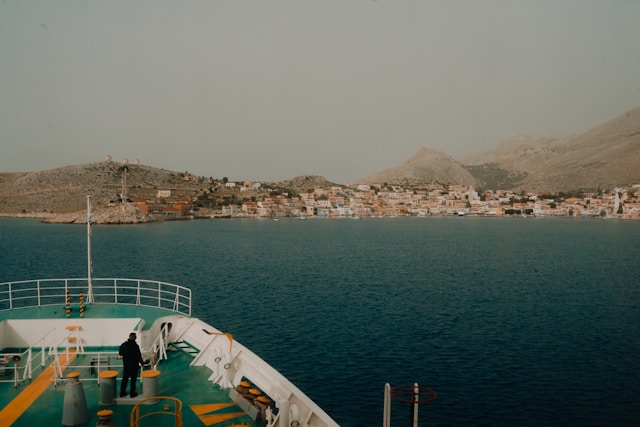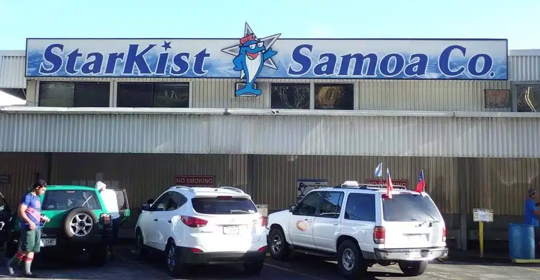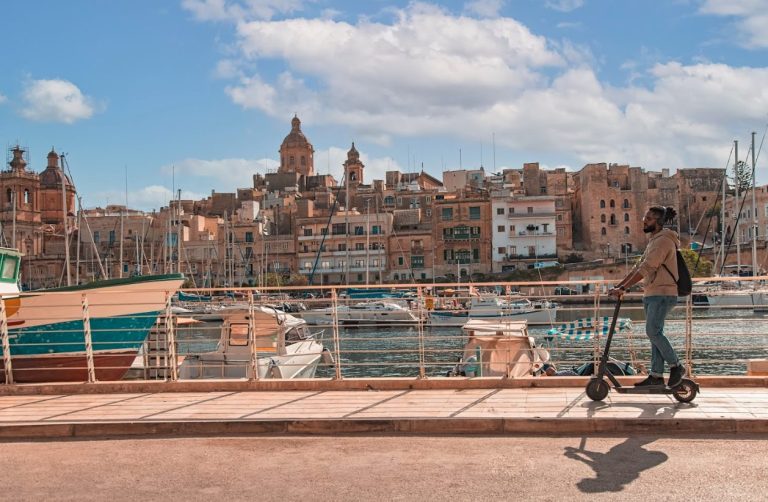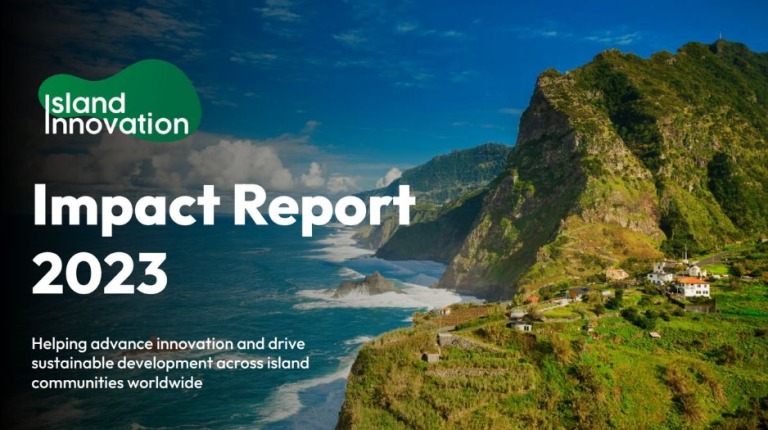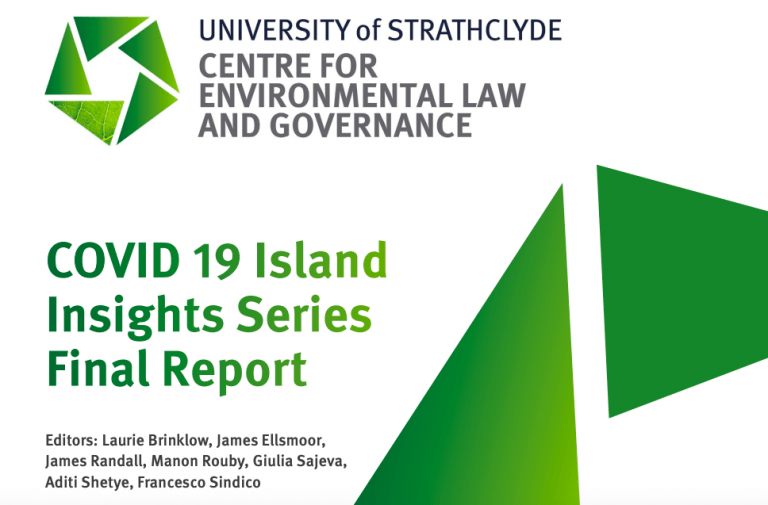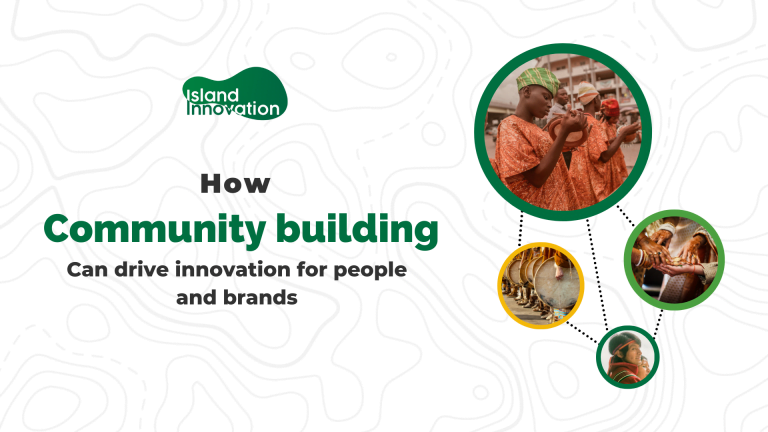Off Yemen’s southeast coast in the Indian Ocean is the archipelago of Socotra. You’ve probably never heard of it, but it’s often referred to as “the Galapagos of the Indian Ocean,” and for good reason. That’s because Socotra — which is comprised of four islands and two rocky islets — is home to spectacular flora and fauna you’ll find nowhere else on Earth.
Socotra is part of Yemen, the Middle Eastern country that is currently mired in a civil war that has been ongoing for seven years. The islands are located 250 miles (402 kilometers) off the coast of Yemen and about 60 miles (96 kilometers) off the coast of the Horn of Africa. The main island of Socotra, which is the largest and most diversified, is comprised of rugged plateaus at varying sea levels. Its vegetation features dry and succulent shrublands and semi-evergreen woodlands, as well as evergreen woodlands and grasslands. The other islands are drier and more arid.
Aside from the island’s endemic plant and animal species, Socotra is home to around 60,000 people who live on the main island. They have been living on these islands for millennia, and speaking their own Socotri language. The islands have been part of trade routes for centuries and there are artifacts on the islands from sailors dating back to the first century B.C.E.
Socotra’s Alien-like Trees
But as we mentioned, what makes Socotra so special are the plants and animals found there. They’re part of the reason Socotra was listed as a UNESCO World Heritage Site in 2008.
Socotra has been an island for at least 20 million years, attracting birds, insects and seeds from the wind, which has made it unusually biodiverse. When United Nations biologists conducted a survey of the islands in the 1990s, they found that there were nearly 700 endemic species — meaning they are only found there. The only places at the time with more were Hawaii and the Galapagos Islands.

